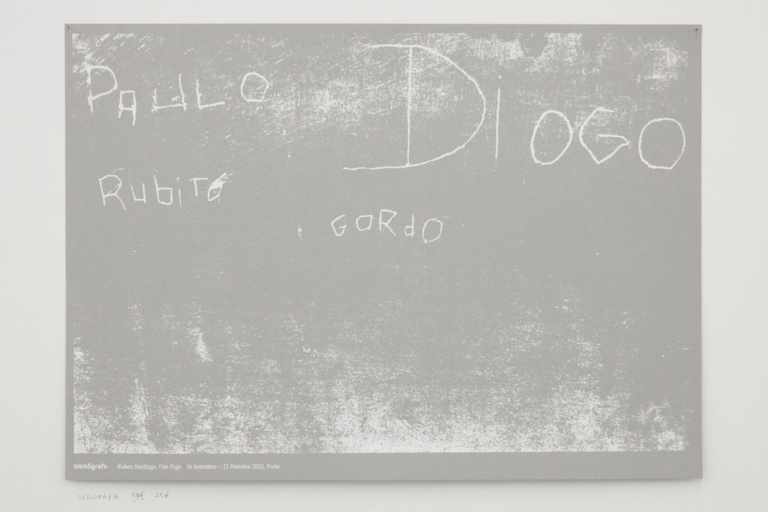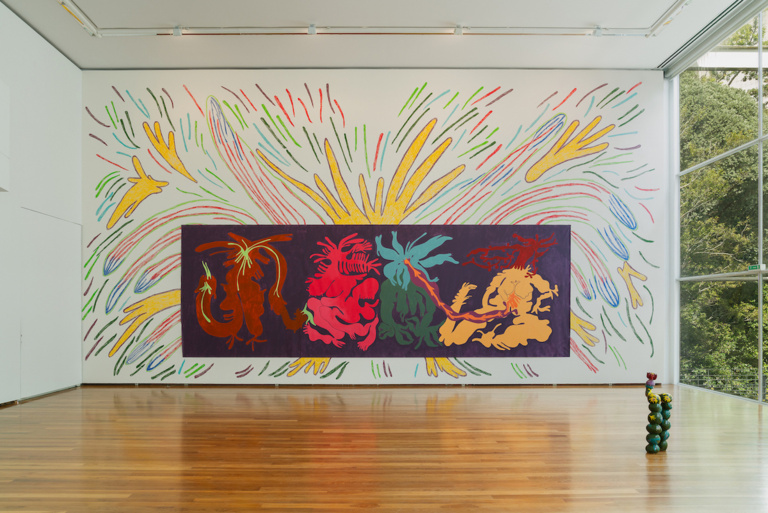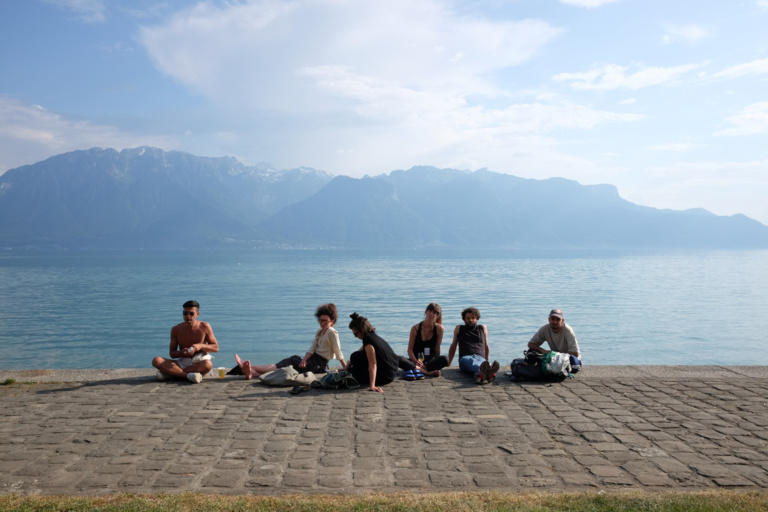Review — by Maria Kruglyak
Ruben Santiago’s Um Fogo at Sismógrafo tackles the past, present, and future of housing by juxtaposing right by ownership with right by need and care, and historical lodging with current disuse. Striking a careful balance between precarity and resistance by revealing details and scale, it presents a powerful exhibition that is acutely aware of its context in Porto and in current discourse. The second show in Sismógrafo’s new space, Um Fogo is a counterpoint to the city’s gentrification, offering a critical voice from the contemporary art scene regarding housing and squatting rights and standing in vocal support of the plight of Stop, which is located some blocks down the street.
Interview — by Maria Kruglyak
Filipa Ramos is a writer and curator—and an important critical voice in contemporary art and ecology discourse. Influential in the international art scene, she also served as Director of the Department of Contemporary Art of the city of Porto, comprising the Galeria Municipal do Porto, until early this year. At the time of this interview, it had just been announced that the project Bestiari, with Ramos as curator and Carlos Casas as artist, had been selected for the Catalan pavilion at next year’s Venice Biennale. I interviewed Filipa in conjunction with the opening of Dueto at Galeria Municipal do Porto, conceived during her time at the art centre and now curated by her. The show features two artists in a double invitation where a young artist from Porto, this time Maria Paz (b. 1998, Porto), invites an artist they would dream of sharing an exhibition space with, Joan Jonas (b. 1936, New York).
Interview — by Joana Krämer Horta
As part of my research, I've been particularly interested in investigating contemporary ecology and innovative methods of collective learning.
During my recent research trip, I had the opportunity to participate in foodculture days in Vevey, Switzerland during the month of May. This biennial celebrates socially engaged art and practices questioning our relationship with the world and promotes diversity in all its forms by empowering the earth, our bodies, and especially our mouths as powerful technologies.



